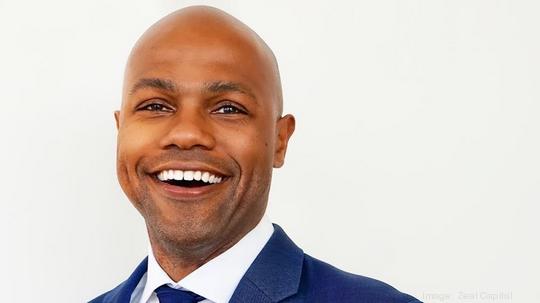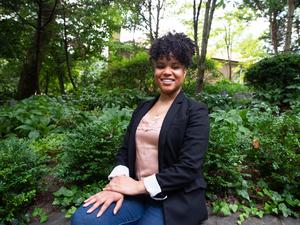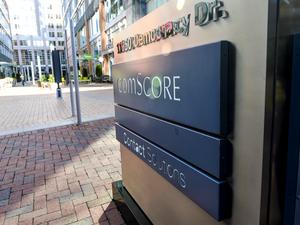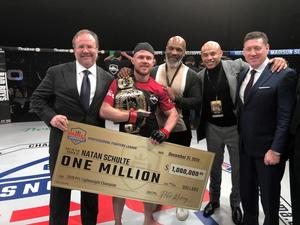
Former AT&T executive and investment professional Nasir Qadree wants to democratize venture investing — and that’s why he has founded Zeal Capital Partners.
The target? To raise $50 million (with a hard cap of $100 million) and to invest in companies often overlooked by traditional firms, whether it's minority or women founders or companies outside the traditional nexuses of venture money. He is aiming for a first close of at least $15 million in September.
But the renewed debate over racial justice has also led to a broader discussion of equity, and this is where the founder and managing partner thinks his brand of thoughtful investing comes into play.
“This is a pivotal point in terms of how do we rethink and level the playing field and how we understand the opportunity of investing in Black innovation and minority entrepreneurs and fundraisers who have a very unique and well qualified lens to source and invest in companies,” Qadree said in an interview.
Zeal, which has an office at 1030 15th St. NW, will focus on education, financial technology and on the future of work, including reskilling workers left behind by technology advances and to help close racial and gender-based wealth gaps. The firm’s investing, a trademarked “inclusive investing” process, will also keep social returns in mind, although it will still aim for strong financial returns.
The fully realized first fund will aim for investment sizes between $200,000 and $2 million across 20 to 24 investments, according to information provided to the Washington Business Journal.
And while Qadree spent time preparing for the fund, he felt he had to over prepare while others simply launched without much thought.
“I feel like when you are a woman or African American founder or fund manager, you feel like you have to check every box before you feel like you have everything it takes to move forward,” Qadree said. “There is an interesting dynamic where unfortunately if you are a white male that went to Stanford, you can check two boxes and feel just as confident.”
Qadree believes Zeal comes at a pivotal time for large portions of United States workers, in which more than 90 million are unemployed, underemployed or out of the workforce entirely, and with $34 billion as the price tag to get the workforce to meet the future demand for high-skilled jobs. About 34 million Americans also stand to be displaced by automation.
Zeal Capital also enters a landscape nearly devoid of funding for minority entrepreneurs, with less than 10% of funding to women entrepreneurs, less than 1% of funding to Black entrepreneurs, 0.4% to Latina founders and 0.2% to female Black founders. Locally, it’s much the same. Among the region’s 135 biggest VC deals from 2013 to 2019, only four involved Black founders — and two for the same person. Four included women founders, three in 2017 alone, according to Washington Business Journal research.
Read our cover story here about systemic inequities in the venture world and how to bridge the funding divide.


